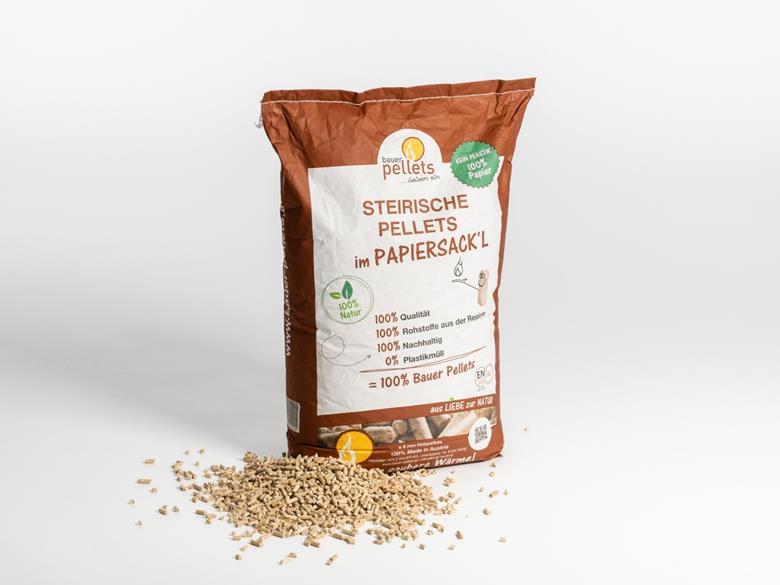 With so much of the industry hidden from view, it’s easy to liken the packaging industry to icebergs. Innovation is critical across all of the industry to ensure packaging remains fit for purpose.
With so much of the industry hidden from view, it’s easy to liken the packaging industry to icebergs. Innovation is critical across all of the industry to ensure packaging remains fit for purpose.
Have you heard of a “bummock”?
That term relates to the portion of an iceberg submerged in the water. Colloquially known as “the tip of the iceberg”, the visible portion is actually called the “hummock”.
Icebergs are a good simile for the packaging industry, with consumer-centric innovations in materials, constructions and decoration tending to be the most visible. In reality, packaging is far more than the visual and tactile bottles, cartons and labels consumers interact with on a daily basis. Dive below the surface and you discover a whole another world serving a variety of practical and professional purposes – logistics, distribution, supply chain security, product protection and storage.
As an event representing the entire industry, Packaging Innovations & Empack 2025 will provide a platform to showcase innovation that ensure industrial packaging remains fit for purpose.
Mondi (A72) is a global leader in packaging and paper, with a focus on innovative solutions that are sustainable by design. This includes industrial packaging optimised for high-speed filling lines, suitable for food contact and functional in challenge environments. Kraft paper PelletBags are an example. These are made using renewable fibres that have been responsibly sourced, are available in a range of sizes up to 25kg, have high tear resistance, and are recyclable.
Teknika Plast (R86) specialises in rigid and foodservice packaging options. Alongside dairy, cosmetics and spreads/condiments, the company serves the animal feed sector with packaging options that support this important part of the global food industry. Plastic remains a popular choice for animal feed as it offers a number of benefits, including: durability, to withstand the rigors of transportation and storage and ensure feed is delivered in optimal condition; protection, from moisture, light and other contaminants; and cost, which contributes keeping the overall price of animal feed products down.
Thrace Group (N38) manufactures products that are used to pack and transport a variety of products, from raw materials and chemicals to construction, household and catering goods. The company is investing in R&D to develop industrial packaging that lends itself to the circular economy. 4- and 5-loop bags for bulk products are made using 30% recycled plastic illustrate this. Another option is industrial packaging produced with woven fabrics that are made using 100% polypropylene (PP). These are non-toxic, come in a variety of weights and widths, can feature increased flame resistance, and can be treated with UV for long term exposure to sunlight.
Atea Ambalaj (L36) manufactures and supplies big bag/FIBC/industrial packaging materials, producing more than 35,000 big bags and 300,000 PP woven sacks per day. It is similarly working to build sustainable supply chains, develop sustainable packaging solutions, and to minimise the company’s impact on the environment. The use of PP makes big bags fully recyclable, while PP/PE production waste is recovered in-house for recycling and reuse.
Rowlinson Packaging (Q39) is a designer and manufacturer of bespoke and standard timber packaging. These are suitable for a variety of purposes, from packing, palletising, warehousing, shipment and export. The company is also the UK’s exclusive manufacturer and distributor of Clip-Lok transport cases, that are simple to put together and can be erected in moments from being completely flat, making storage when not in use easier than most other forms of packaging available.
Complementing the aforementioned industrial packaging innovators is Veeglow, which is targeting industrial applications through its Caps & Closures (J24) division. It offers durable and reliable caps and closures for industrial applications, ensuring product integrity and safety.
Henry Molded Products (A66) is the creator of the Stakker Roll Cradle system for safe stacking of any cylindrical product on pallets. This solution makes it easier and safer to build a pallet stack with rolls of film, paper, fabrics, tubes, etc. When compared to pyramid stacking, more rolls can be stacked per pallet, meaning fewer pallets required, while production costs are reduced with less labour input. Distribution costs are also reduced and damage to rolls is minimised. Custom moulded industrial fibre packaging options are also available.
These innovations, solutions and services will be presented at Packaging Innovations & Empack 2025, which takes place 12 & 13 February next year at the NEC, Birmingham.
www.packaginginnovations.com





























































































